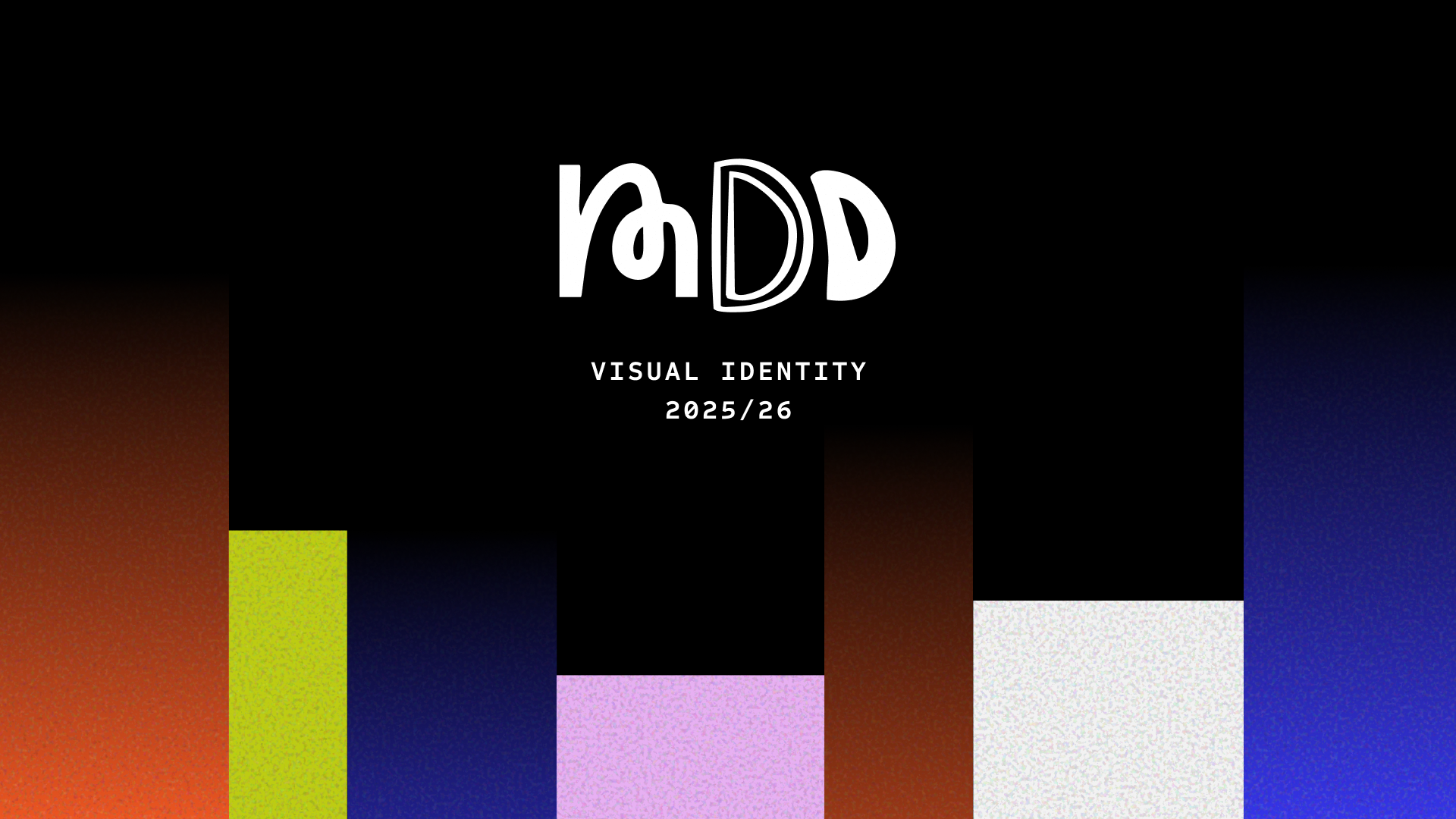Websites of Dutch political parties score low on sustainability
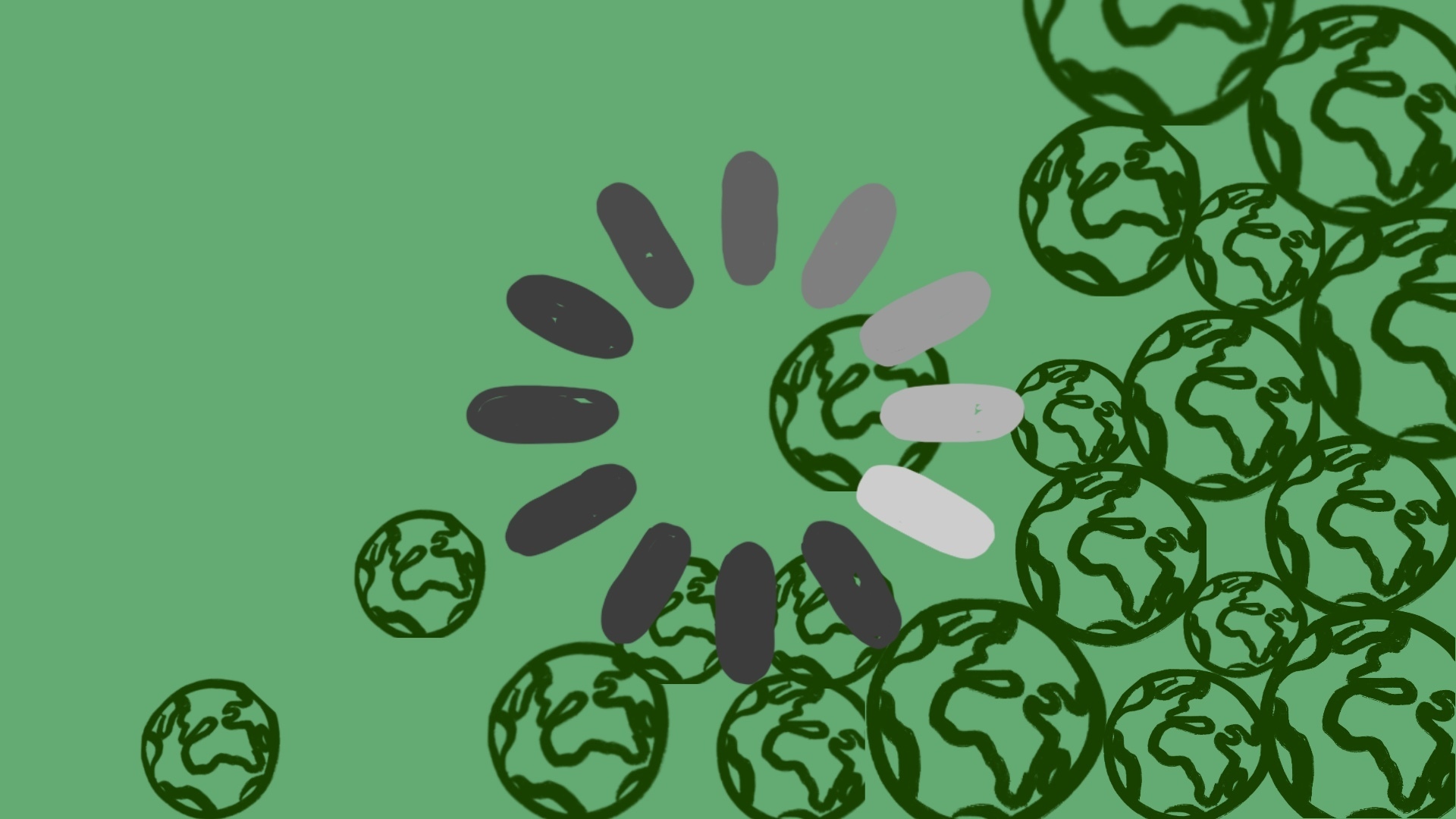
Almost all of the websites of the Dutch political parties with a seat in parliament are not that environmentally-friendly: they take too long to load and cost a lot of energy. Even those parties with strong policies against climate change score poorly. That’s the result of a research by our students Julia van Hulst and Aljoscha Gleser who want to bring more attention to digital pollution – especially on Earth Day.
Julia and Aljoscha used the tool Ecograder to define how these websites scored. The components measured were Performance, Findability, Design / User Experience and Hosting.
Only two political parties (PvdD-Party for the Animals and PvdA-Labour Party) can be considered sustainable enough. One of the components students looked into was loading speed: the slower it is for a website to load, the more energy it consumes. And if website visitors leave the website before it even fully loaded that is just a pure waste of energy – and bad news for the environment.

These websites do score well when it comes to hosting. A good score means that the energy used to host that website is 100% renewable. However, as Julia explains, “many websites don’t do this, but buy a certificate that claims they pay a compensational price to make up for their energy usage.”
The research began as an excuse to bring attention to digital pollution whose CO2 emissions now surpass those of the whole aviation sector alone. Looking at the websites of these political parties only strengthened their position. “This is all symbolic,” says Julia. “Digital pollution remains a rather unspoken type of pollution. But as we become more and more digital, we believe this is a conversation that political parties need to highlight in their climate agendas.”
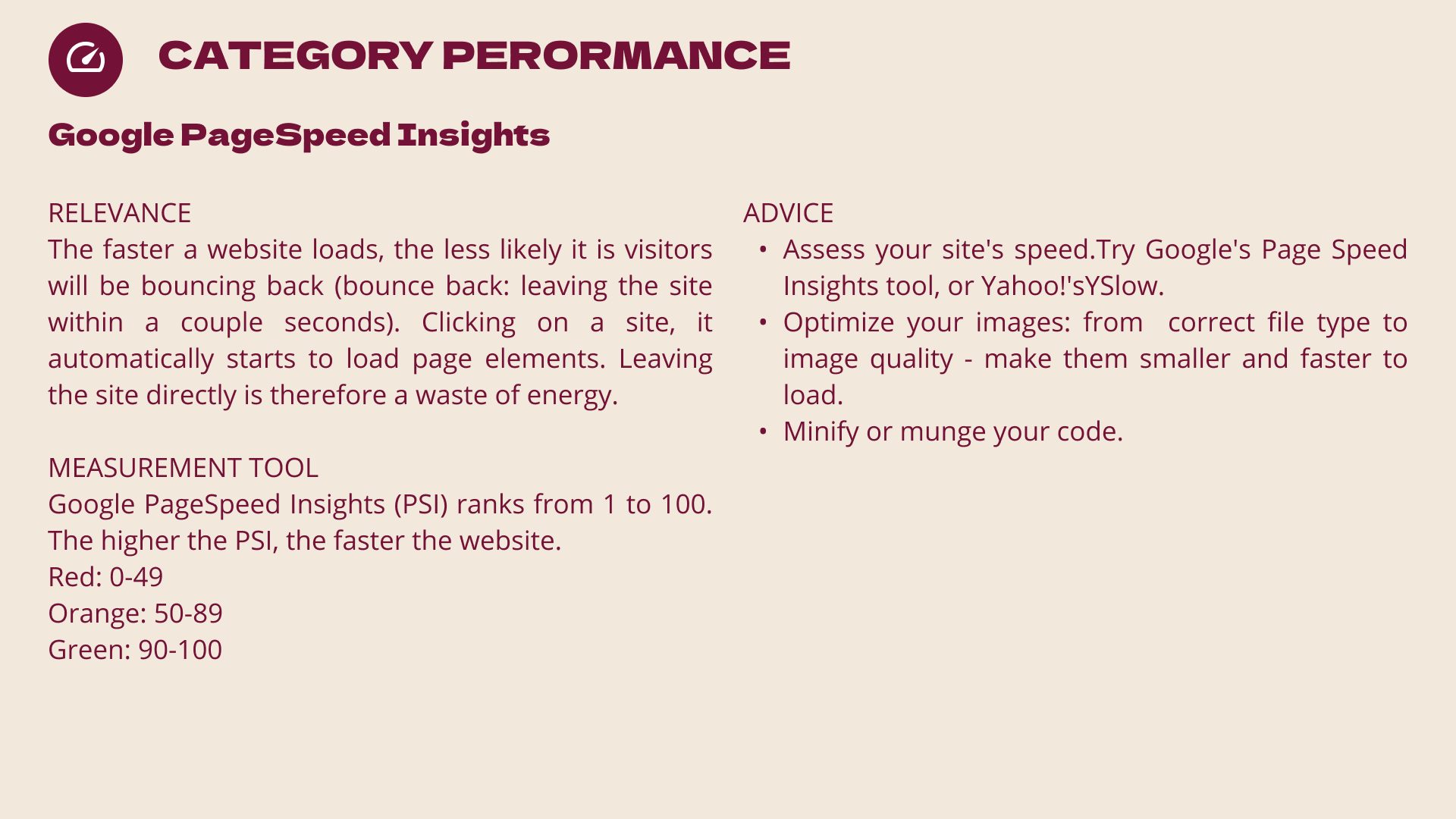
How to make a website more sustainable (source: Ecograder.com)
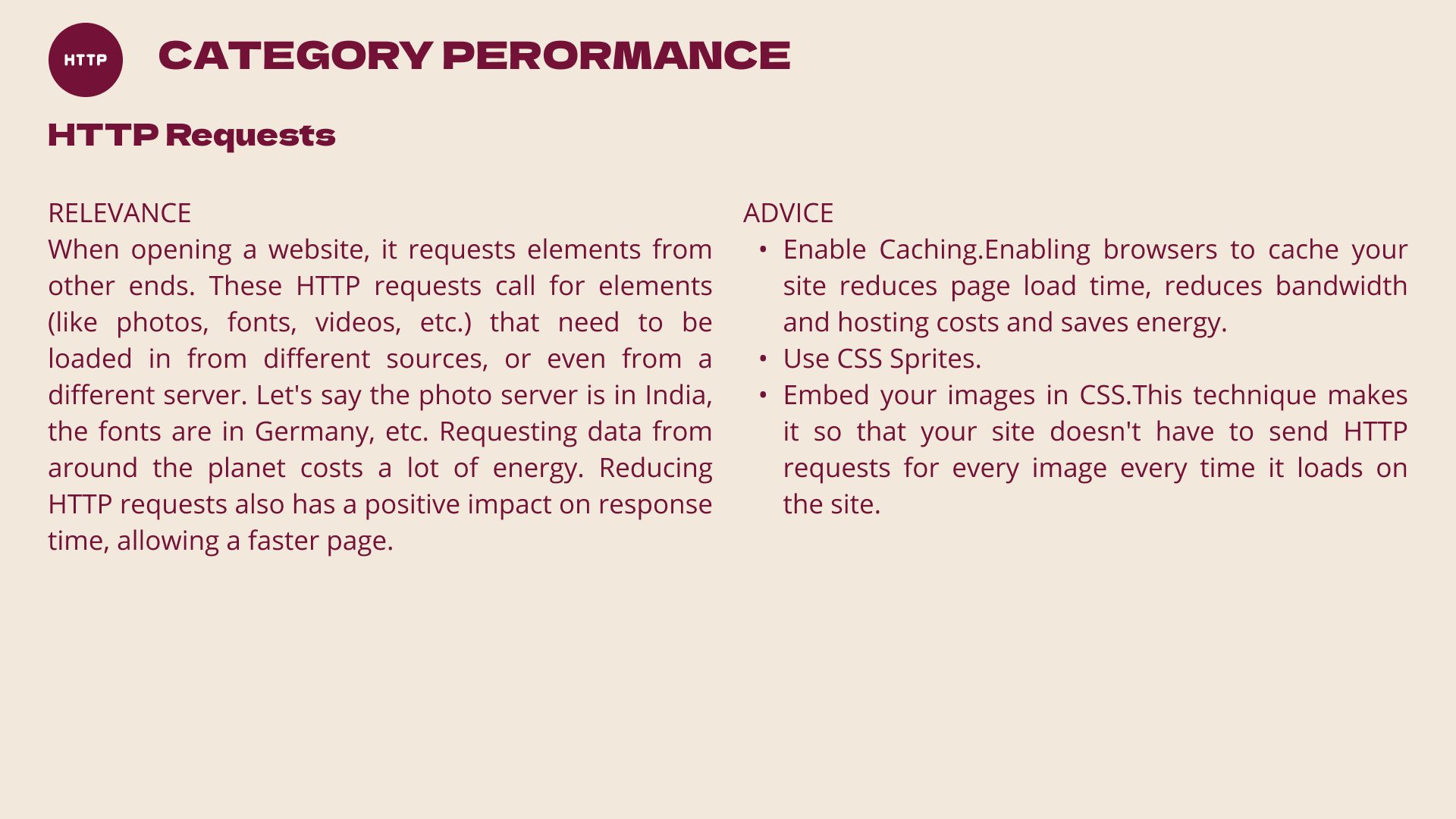
How to make a website more sustainable (source: Ecograder.com)
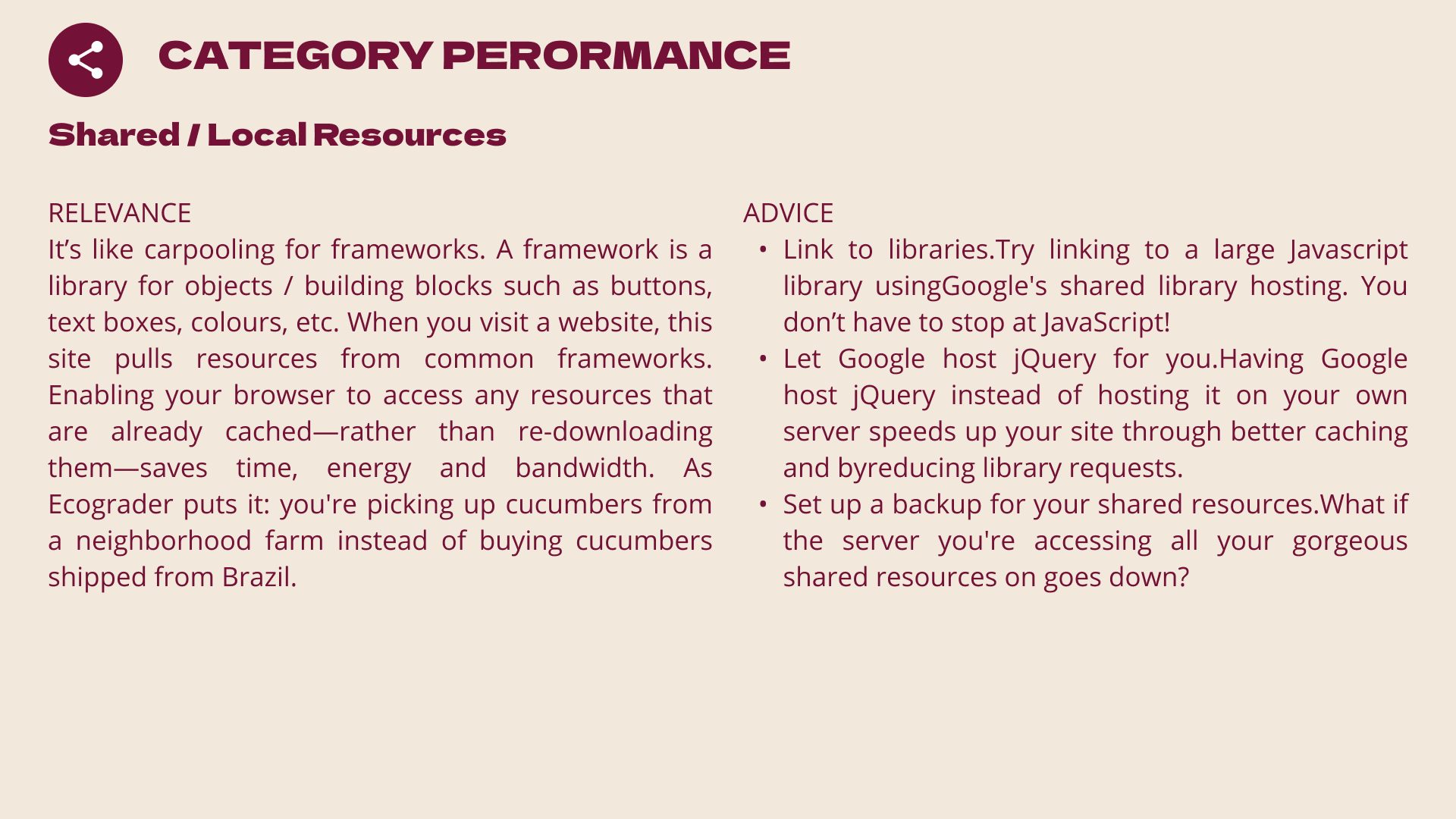
How to make a website more sustainable (source: Ecograder.com)
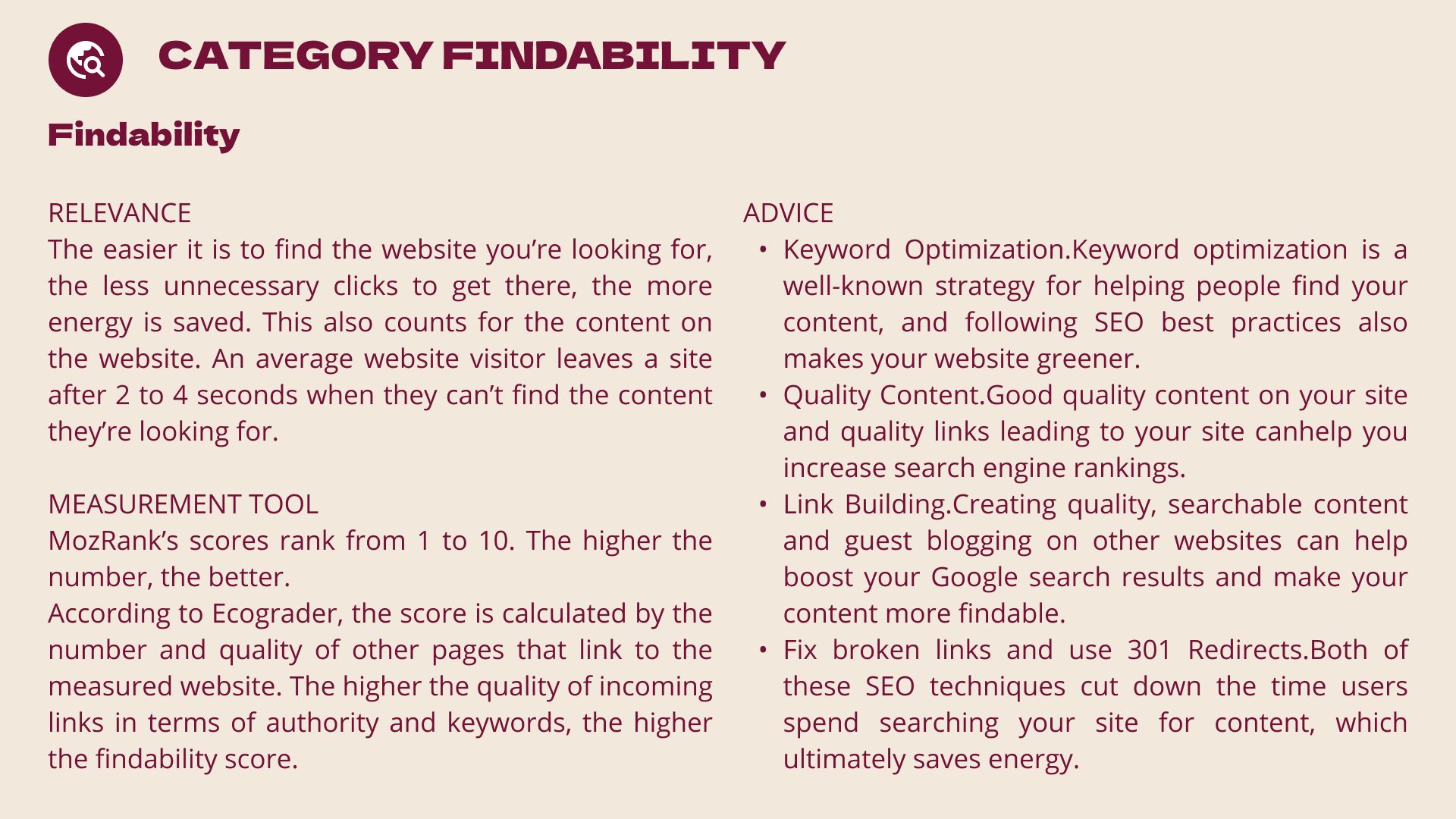
How to make a website more sustainable (source: Ecograder.com)
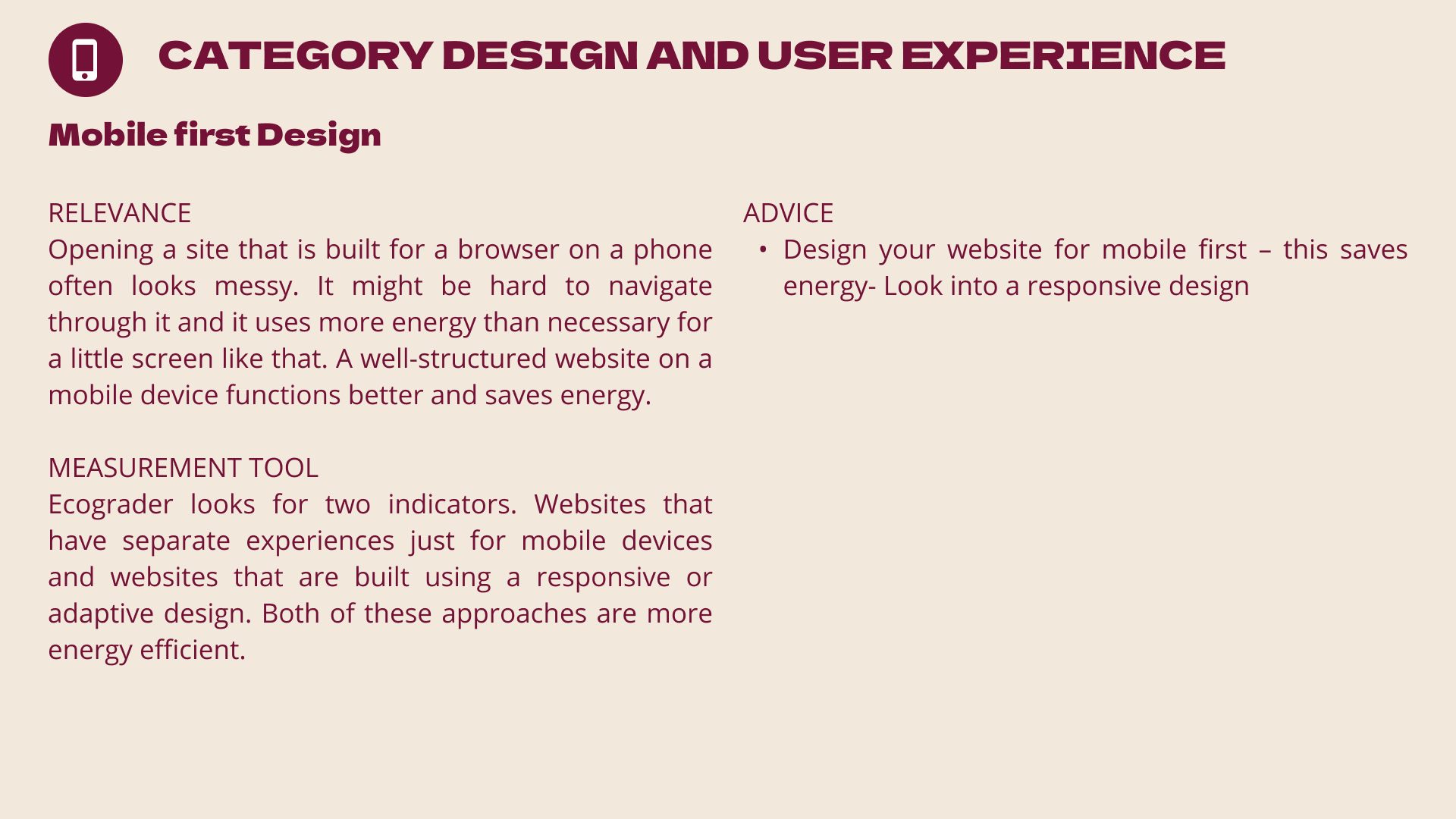
How to make a website more sustainable (source: Ecograder.com)

How to make a website more sustainable (source: Ecograder.com)
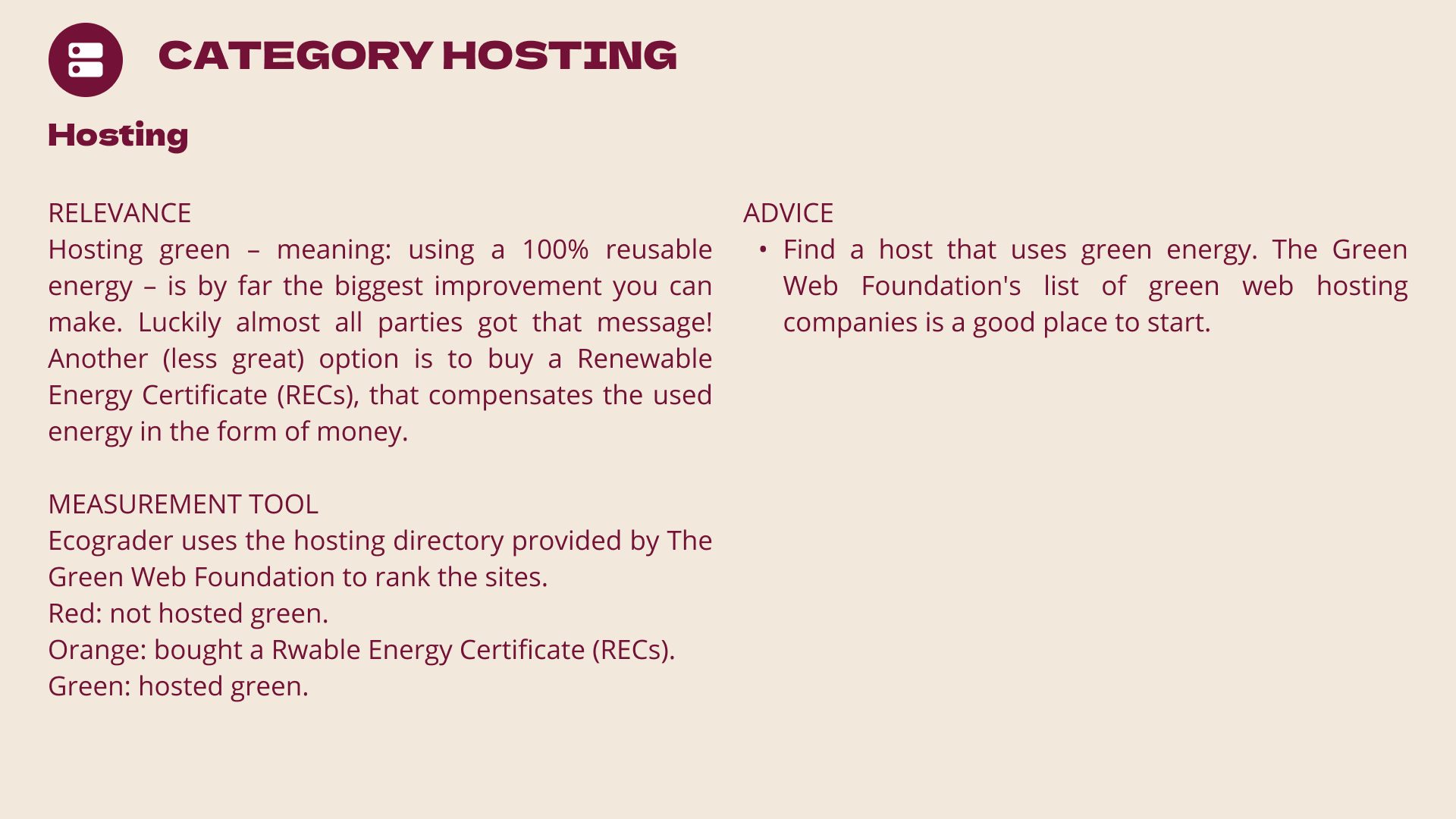
How to make a website more sustainable (source: Ecograder.com)
All political parties have been sent the research and practical tips on how to make their websites more sustainable. Julia and Aljoscha have also invited members of these political parties to a conversation. “As digital designers, we are aware of the impact our work can have on society,” explains Aljoscha. “The way we design influences the way people relate to and use technology and the digital services we have gotten so familiar with. In this responsibility we also see opportunities and solutions that can help us not only design better and provide a better experience to users but that can also have less of a negative impact on the environment. We don’t call for boycotts, we call for new perspectives towards the way we design digitally.”
NB: an earlier version of this article showed the party SGP in the wrong position of the table. The image has therefore been updated to represent the accurate position of the party's website in this context.

